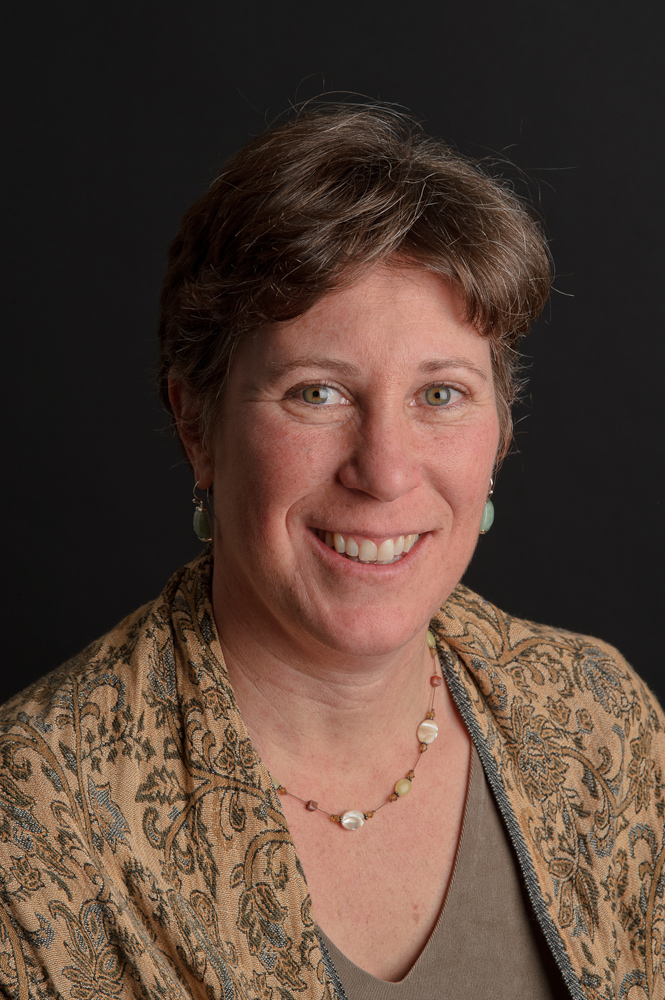
In 2002, I founded the Watsonville Law Center to serve the local farm-worker community. For many years, workers have come to our office with heart-wrenching injuries: a hand amputated by machinery, a back broken falling from a tree. The hard-laboring men and women who grow fresh food for California tables endure physically grueling conditions and a high risk of accidents from heavy machinery and pesticide exposure.
California law guarantees all sick and injured workers medical care and financial support through the legally mandated workers’ compensation system. Yet many of the state’s 5 million low-wage workers lack access to the state-required care.
This is why, with committed community partners, I established the Agricultural Workers’ Access to Health Project. By providing education, medical treatment and legal services to agricultural and other low-wage workers, our program aims to help improve access to the medical treatment and financial aid that their employers are legally required to provide.
As a result of these efforts, we have assisted nearly 900 workers in Monterey, Santa Cruz and San Benito counties to access medical care and financial support for job-related injuries and illnesses.
While I’m proud of this accomplishment, my hope of even broader change has led to meetings with directors of clinics and legal services from Oakland, Anaheim and the Central Valley in order to encourage and support these regions to replicate our project locally. I also facilitate a statewide collaborative of more than 25 public agencies, nonprofits, attorneys and employers who work together to improve the workers’ compensation system so that taxpayers and law-abiding businesses no longer subsidize illegally uninsured companies.
Among other achievements, the collaborative has dramatically helped employees who work for companies that skirt the law by not providing insurance. Previously, injured workers from such companies often faced a two-year delay before receiving workers’ compensation benefits. Yet now, in Salinas and Anaheim, that wait is on average less than two months.
In another promising effort, Kaiser Permanente has partnered with us to transform Watsonville’s community health center, Salud Para La Gente, to serve as a workers’ compensation provider. The clinic has become a model of how we can shift the cost of treating injured and ill workers away from federal, state and municipal coffers, which normally fund community health centers, to the employer-funded workers’ compensation program where it belongs. By my calculation, replicating this program throughout the state could save California taxpayers as much as $100 million a year.
Employers who already obey state law and pay for workers’ compensation coverage have good reason to appreciate these efforts. Each year these businesses pay into the Uninsured Employers Benefits Trust Fund to compensate injured workers with illegally uninsured employers. As more employers get the required insurance, law-abiding businesses can pay less.
While the Agricultural Workers’ Access to Health Project certainly has a financial benefit, its wider impact has been to create healthier workplaces and improve the lives of California workers and their families.
Dori Rose Inda is the founder and director of the Agricultural Workers’ Access to Health Project and the recipient of a 2011 James Irvine Foundation Leadership Award.
Watch a video profile:





